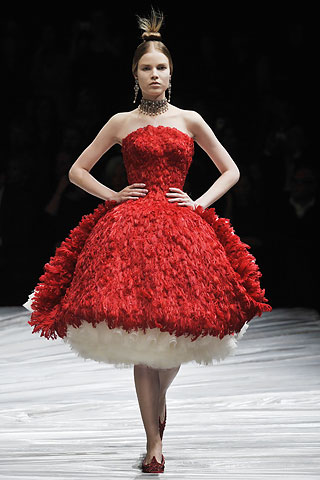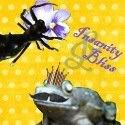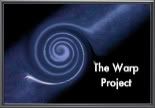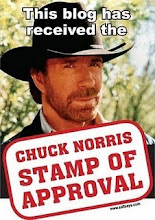Audrey Hepburn is one of the world's most famous actresses, though she was always modest about her own abilities. She is also regarded as one of the last centuries fashion icons introducing an elfin quality to aesthetic standards. Designers of enormous stature such as Givenchy were inspired by her presence and regularly designed for the actress.
Hepburn's acting successes are numerous. However, in becoming such a recognized figure she quickly chose to channel her influence into doing humanitarian work around the world. Having lived through German-occupied Arnhem during WWII, Hepburn directed much of her effort towards areas impacted by war. Eventually she also focused on traveling and doing work in some of the most economically challenged areas of the world. Such efforts by Hepburn included both her doing work directly within the areas, and calling attention to the need for humanitarian aid encouraging people in both North America and Europe to send badly needed resources. Towards the end of her life, Hepburn was recognized with the Presidential Medal of Freedom for her work around the world with UNICEF.
During World War II Hepburns father actually worked to aid German forces as a Nazi sympathizer. Later he left the family to do work directly with Nazi forces. As a result, Hepburn and her mother relocated to the Netherlands only to find themselves almost immediately in an area occupied by German forces. Hepburn's mother put Audrey into ballet and other dance training, and the young girl quickly showed proficiency. When she became old enough to do so, the young Hepburn began performing for paying groups secretly sending all of the money to the Dutch resistance. As a result of the German blockade of Arnhem in the winter of 1944, scores of residents starved to death. Hepburn survived by making flour out of tulip bulbs dug out of the frozen ground. Hepburn said she also never forgot the experience of being a child seeing truckloads of Jews, including Jewish children, taken away from their area. The impact of being a child seeing other children impoverished and taken away by truck never left her. As a result, she devoted her life to working to improve conditions for people suffering in poverty and war conditions around the world.
Hepburn's acting successes are numerous. However, in becoming such a recognized figure she quickly chose to channel her influence into doing humanitarian work around the world. Having lived through German-occupied Arnhem during WWII, Hepburn directed much of her effort towards areas impacted by war. Eventually she also focused on traveling and doing work in some of the most economically challenged areas of the world. Such efforts by Hepburn included both her doing work directly within the areas, and calling attention to the need for humanitarian aid encouraging people in both North America and Europe to send badly needed resources. Towards the end of her life, Hepburn was recognized with the Presidential Medal of Freedom for her work around the world with UNICEF.
During World War II Hepburns father actually worked to aid German forces as a Nazi sympathizer. Later he left the family to do work directly with Nazi forces. As a result, Hepburn and her mother relocated to the Netherlands only to find themselves almost immediately in an area occupied by German forces. Hepburn's mother put Audrey into ballet and other dance training, and the young girl quickly showed proficiency. When she became old enough to do so, the young Hepburn began performing for paying groups secretly sending all of the money to the Dutch resistance. As a result of the German blockade of Arnhem in the winter of 1944, scores of residents starved to death. Hepburn survived by making flour out of tulip bulbs dug out of the frozen ground. Hepburn said she also never forgot the experience of being a child seeing truckloads of Jews, including Jewish children, taken away from their area. The impact of being a child seeing other children impoverished and taken away by truck never left her. As a result, she devoted her life to working to improve conditions for people suffering in poverty and war conditions around the world.














No comments:
Post a Comment